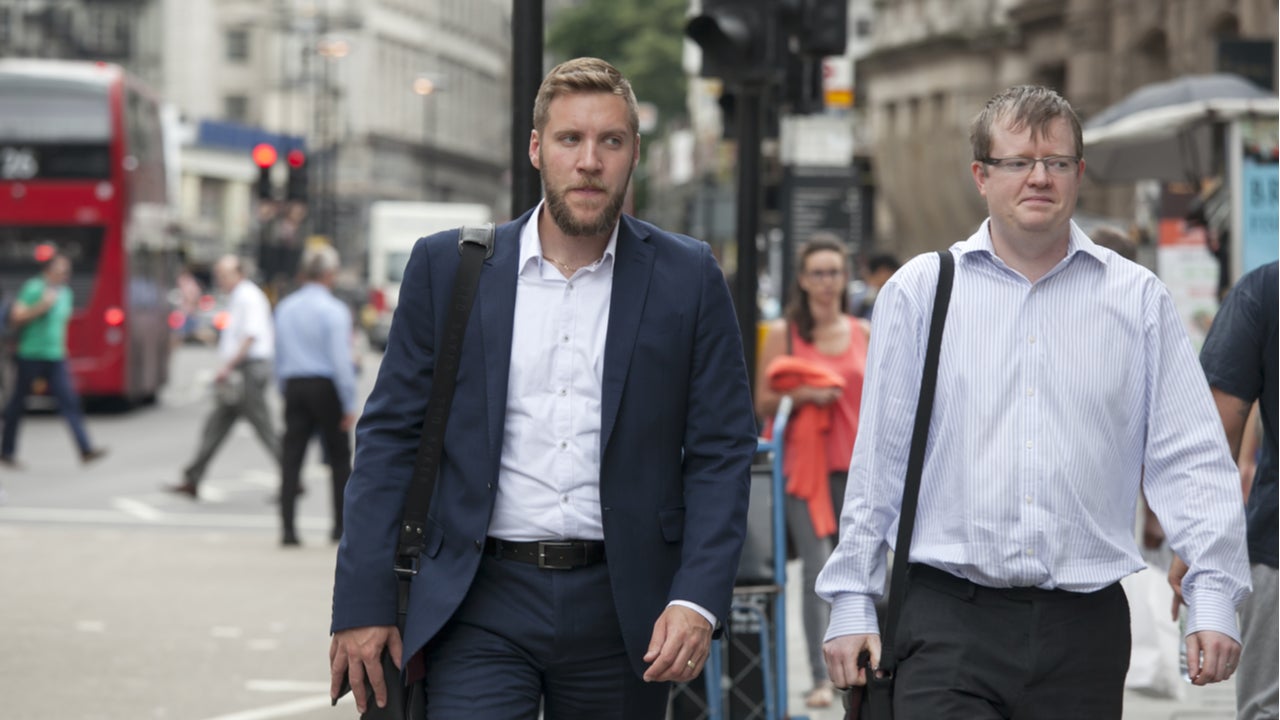As the UK Chancellor of the Exchequer looks to announce extension of furlough schemes until the end of September, economists forecast that protecting jobs and livelihoods will be the new focus for the UK government to economic recovery, after the successful Covid-19 vaccine rollout.
Faisal Islam
Faisal Islam, a political and economics journalist, shared an article on forecasts for peak pandemic unemployment in the UK to have been revised down as a result of encouraging vaccine rollout and furlough extension in the country. The Chancellor Rishi Sunak has promised to deploy full fiscal support to protect the livelihoods of people and businesses ahead of his budget speech later today.
Economists believe the chancellor will be extending the furlough schemes until the end of September this year. According to Sunak, the scheme which pays 80% of employees’ wages for the hours lost because of the coronavirus pandemic, will help in protecting millions of jobs and incomes across the UK.
Additionally, about 600,000 more self-employed people will be eligible for government help as access to grants is widened. However, he has also cautioned against tough economic times and plans to raise some taxes in the future.
The Coronavirus Job Retention Scheme has supported more than 11 million jobs since it came into effect and is due to end in April. As per the new scheme, employers will be expected to pay 10% to their staff not working in July, increasing to 20% in August and September as the economy gradually reopens.
Full story –
“After the jabs, the jobs” is one way to look at it… understand that the forecast for peak pandemic unemployment has been revised down as a result of encouraging vaccine rollout and furlough extension… https://t.co/g7eBGCy5t2 GlobalData Strategic Intelligence
GlobalData Strategic IntelligenceUS Tariffs are shifting - will you react or anticipate?
Don’t let policy changes catch you off guard. Stay proactive with real-time data and expert analysis.
By GlobalData— Faisal Islam (@faisalislam) March 2, 2021
Adrian Saville
Adrian Saville, an economics professor and the founder of Cannon Asset Managers, an investment management firm, retweeted an article on German banks essentially telling their customers to take their deposits elsewhere, as firms are unable to keep absorbing the negative interest rates being charged by the European Central Bank (ECB) amid the pandemic.
Banks maintain that as savings have surged during the Covid-19 crisis, more customers are having to pay negative rates of interest. Experts suggest that interest rates have always been negative in Europe, but it took the pandemic for banks to finally charge their depositors.
For instance, Deutsche Bank and Commerzbank, have told their new customers since last year to pay a 0.5% annual rate to keep large sums of money with them. However, this is creating an unusual incentive, where banks are asking their customers to go away, and are also deriving new online tools to facilitate these transfers elsewhere.
Savings rates have surged due to the pandemic with consumers staying home. In addition, the huge relief programmes from the ECB have flooded banks with excess deposits.
German banks are essentially telling customers to take their deposits elsewhere because the firms can't afford to keep absorbing the negative interest rates they're being charged at the ECB. https://t.co/xQUiw3JaPn
— Lisa Abramowicz (@lisaabramowicz1) March 2, 2021
Gerard Lyons
Gerard Lyons, chief economic strategist at Netwealth, a wealth management firm, retweeted on how unlocking the UK could trigger six years of economic growth in just ten months. In his views, the economy will hit bottom in its latest phase of the pandemic at the end of March this year. However, he believes that after taking a significant hit in the past year, the economy will be back to the same place it was in the first half of 2014.
He states that post March, unlocking will be the trigger for a strong recovery. More significantly, the economy would have rebounded to where it was on the eve of the pandemic in the beginning of 2022. Therefore, over the next ten months, the UK could witness the equivalent of six years of economic growth.
In his opinion, the outlook for the economy this year will depend on many factors such as the slowing down of Covid-19 infections, reopening of businesses and firms, and keeping taxes and interest rates low. The UK government has further indicated unlocking in phases, thereby preventing complete lockdowns, and finally reopening towards the end of June this year.
https://twitter.com/DrGerardLyons/status/1366819476763799552




